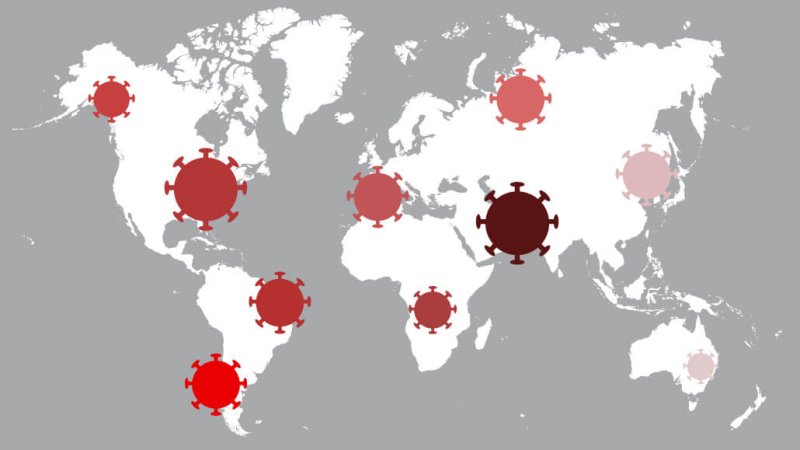Each day, [the new UK COVID variant] B.1.1.7 is being found in more people in more places, including all around the United States. Experts have raised dire warnings that a 70 percent more transmissible form of the virus would overwhelm already severely stretched medical systems… To make matters worse, the warnings from Britain were followed by headlines about yet another variant, B.1.351, in South Africa. Then another concerning variant was identified in Brazil.
…
When a virus is spreading as widely and rapidly as SARS-CoV-2, spinning through trillions of generations each minute, adaptation is inevitable. The transmissibility of the virus will change. The severity of the disease it causes will change. Its ability to evade our immune system will change. It very well may evolve to circumvent our current vaccines.
Thanks to genetic-sequencing technology, we can watch this evolution in real time.
Charting the course of this evolution, and assessing its significance, has quickly become a foremost challenge of the pandemic. The peril is not that the virus will suddenly change in an extraordinary way that transforms the pandemic, but that it is changing in small, ordinary ways that are playing out on a vast scale, and whose significance we may not appreciate until it’s too late.































